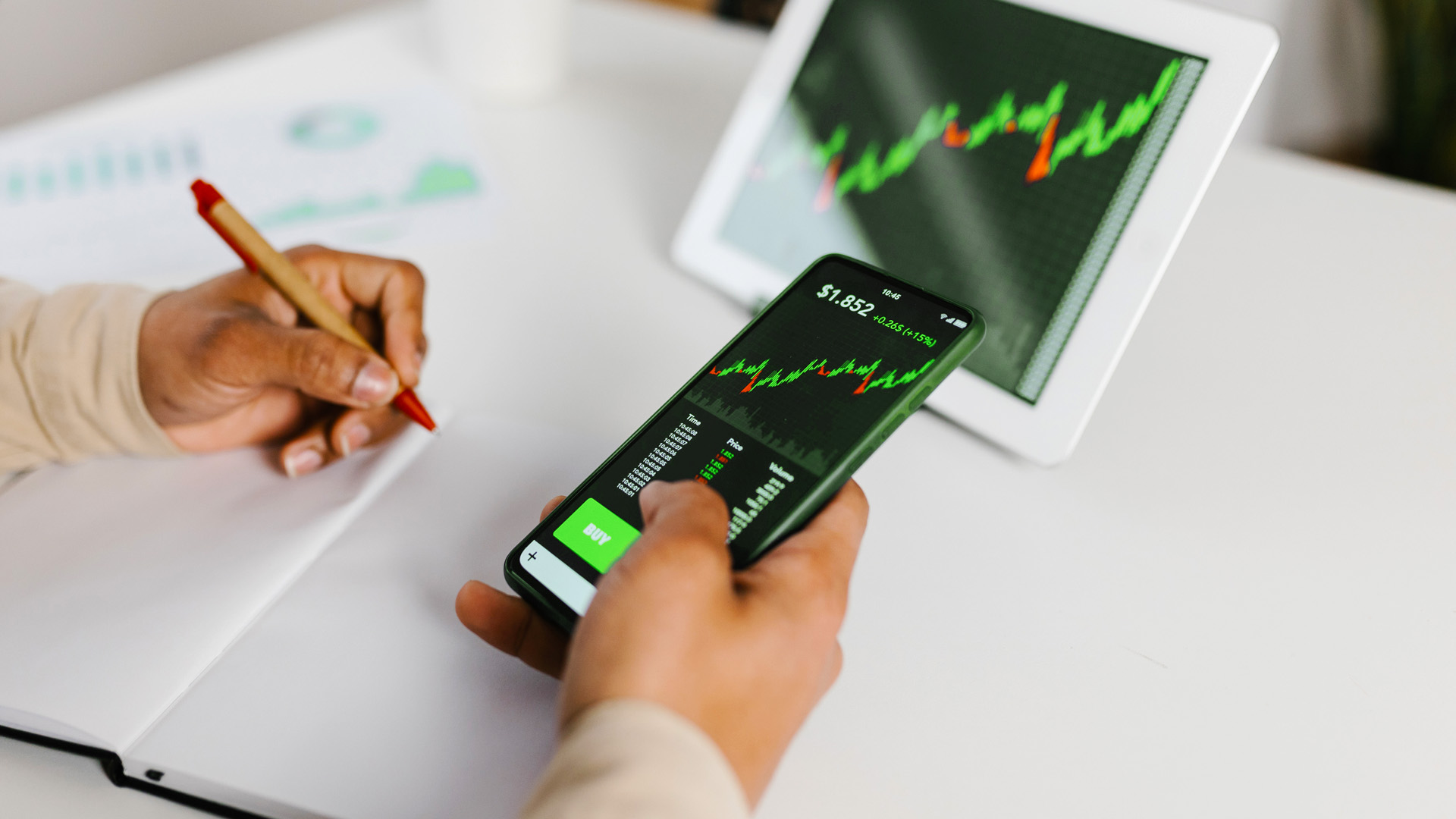Artificial intelligence (AI) developments in all the major global tech companies, including Microsoft and Google parent company Alphabet, drove up the NASDAQ to near-record levels in 2023.
The market interest around AI, triggered by the widespread adoption of OpenAI’s software application ChatGPT, has created trillions of dollars in stock market value. Will this continue, and what might investment in AI bring for global economies going forward?
Investors are cautious that AI may be another flash in the pan like non-fungible tokens (NFTs), which were touted as a fintech game-changer but failed to deliver. However, compared to NFTs, there are firmer grounds to consider AI an exciting investment opportunity.
AI revolution: From hype to investment reality
AI stocks have been a ray of light in a global economy that is slowing down during tightening monetary policy, especially in the US. Tech giants Alphabet and Microsoft have seen their investments in AI tech produce returns of around 40%. Yet many market analysts are still being cautious about the hype around AI.
Most of the caution is related to the possibility of an investment-tech bubble akin to the recent overhyped rise of NFTs and their steep decline as key funds in that market collapsed. Is the AI segment any different? Many commentators are pointing out that AI has the potential to be a key driver of the overall market for years to come.
The key difference is that AI technology is improving productivity in many different industries. A recent study from Stanford and MIT found that workers at a Fortune 500 software company who were given generative AI tools became 14% more productive, with productivity gains approaching 30% for less experienced workers. The study found that AI creates these gains by capturing and conveying some of the tacit organisational knowledge about how to solve problems and serve customers that previously was learned only via on-the-job experience.
Consult our webinar and find out how to strategically harness the advantages of foreign markets
The connection between productivity and market growth is well established. Over the past 30-plus years, US companies have enjoyed immense growth in profit margins. Since 1990, they’ve more than doubled, driven by increases in productivity and earnings. The current global economic slowdown means a curtailing of that growth, but generative AI could boost US productivity growth by roughly 1.5% a year over a 10-year period, according to research estimates, which will in turn result in a 4% increase in S&P 500 net profit margins.
How AI is reshaping global economies
The other major factor that leads many analysts to believe that AI is a sound investment is that most global economies have a tangible need for a solution to the scarcity of available labour. Major economies like the US, Russia and China all have a labour shortage, with the unemployment rate in the US at a record low of 3.7% at the end of 2023. This problem can be addressed using AI and automation.
AI is already in use across a wide variety of real-world applications, including in entertainment, social media, art, retail, security, sport analytics, manufacturing, self-driving cars, healthcare and warehousing, alongside dozens of other sectors. So, every Netflix recommendation, every supermarket rewards purchase and every football match analysis in your life is probably powered by AI.
But the catalyst for market uptake has undoubtedly been ChatGPT, the OpenAI-developed chatbot that garnered over a million users in just 5 days. It took Facebook 10 months and Netflix 3.5 years to hit the same milestone. ChatGPT now boasts more than 100 million users and may even challenge Google’s dominance in the internet search space.
In terms of investment in the sector, AI development is exceptionally expensive, and for every ChatGPT breakthrough, there are hundreds of costly failures. The safe bets are the existing blue chip AI stocks, which are not only focused on developing AI technology, but have a range of technology products and services that will support their market performance, diversify your investment exposure and mitigate your risk.
AI investment outlook
- Microsoft – This digital giant already had a strong relationship with OpenAI before the ChatGPT launch, with $10 billion invested into the company. The idea is that Microsoft will allow OpenAI access to its cloud centres to increase ChatGPT’s computing power, while native search engine Bing has started to incorporate the chatbot into its functions to take over Google market share. With OpenAI reportedly planning a $90 billion IPO, Microsoft could strengthen its dominant position.
- Nvidia – 1 of the world’s most valuable chipmakers, used in electronics ranging from smartphones to cars and high-end computing. The company has seen its shares rise by more than 180% year-to-date to $402, leaving it with a sky-high price-to-equity ratio of 97. They’re already in use at clients such as Alphabet and Facebook owner Meta to power both internal and user-facing AI applications.
- Alphabet – Google’s parent company currently holds 84% of the global search market share. It has launched a rival to ChatGPT called Bard, but it’s worth noting that AI is already used across many of Google’s current functions. And it has at least 2 more AI-focused projects: its coding-focused Generative Language API, and DeepMind, which it acquired in 2014.
Nedbank offers comprehensive advice on share trading and stock market investing, and a full brokerage service. To learn more about international investment, consult our webinar and find out how to strategically harness the advantages of foreign markets.








